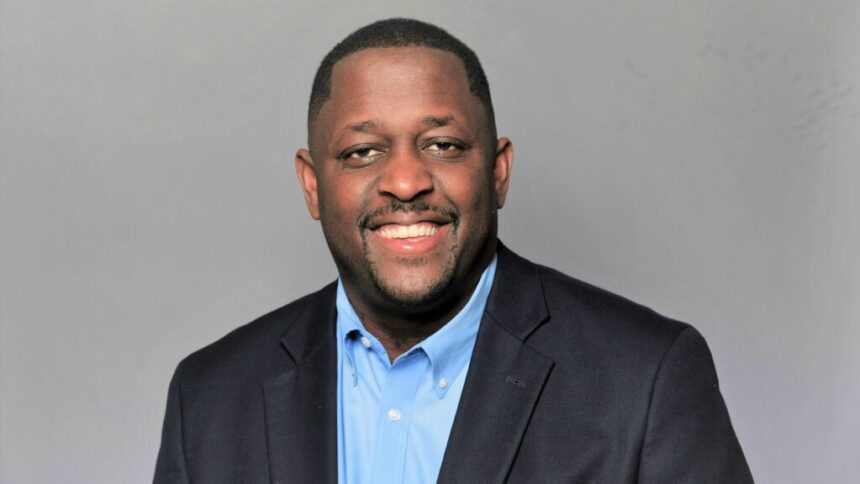YouTube plays a crucial role in the daily lives of people, according to Garth Graham, the global head of healthcare and public health at the company. In a recent interview, Graham emphasized the responsibility that comes with providing accurate health information on the platform. He highlighted the importance of delivering evidence-based answers from authoritative sources to address users’ health-related queries, while also combatting misinformation and supporting underserved communities.
As a practicing cardiologist, Graham’s career has revolved around empowering individuals with the knowledge necessary to make informed decisions about their health. His transition to leading YouTube Health was a natural progression of his work in understanding the social determinants of health and the impact of information on healthcare outcomes. With YouTube being a primary source of health information for many around the world, Graham’s goal is to ensure that users receive high-quality and reliable information when seeking health-related content on the platform.
One of the key initiatives of YouTube Health is to combat health misinformation by removing dangerous content that violates policies and promoting high-quality information from authoritative sources. The platform utilizes “shelves” to showcase credible health information early in users’ search journeys and labels content from licensed doctors or accredited hospitals to distinguish it from misinformation.
During the Covid-19 pandemic, YouTube Health learned valuable lessons about the importance of diverse voices in public health messaging and the evolving nature of scientific information. The platform has implemented features, such as information boxes for Covid-related videos, to redirect users to credible sources like the CDC and WHO. This strategy has been extended to other areas prone to misinformation, including women’s health and vaccines.
To build trust with users and combat misinformation, YouTube Health focuses on delivering authoritative and engaging content from a variety of sources, ranging from hospitals to individual healthcare professionals like Dr. Mike and Dr. Reena Malik. By prioritizing evidence-based information presented in plain language, the platform aims to address users’ health concerns and promote credible sources.
In addition to promoting authoritative sources, YouTube Health is actively working to protect youth mental health by preventing harmful content related to social comparisons and eating disorders. The platform also prioritizes health equity by supporting underrepresented health creators through programs like The-IQ, which focuses on improving health information quality for minority populations.
Overall, YouTube Health is committed to providing users with accurate and reliable health information, supporting underserved communities, and promoting mental health and health equity initiatives on the platform. Through these efforts, Graham and his team aim to empower individuals to make informed decisions about their health and well-being.







